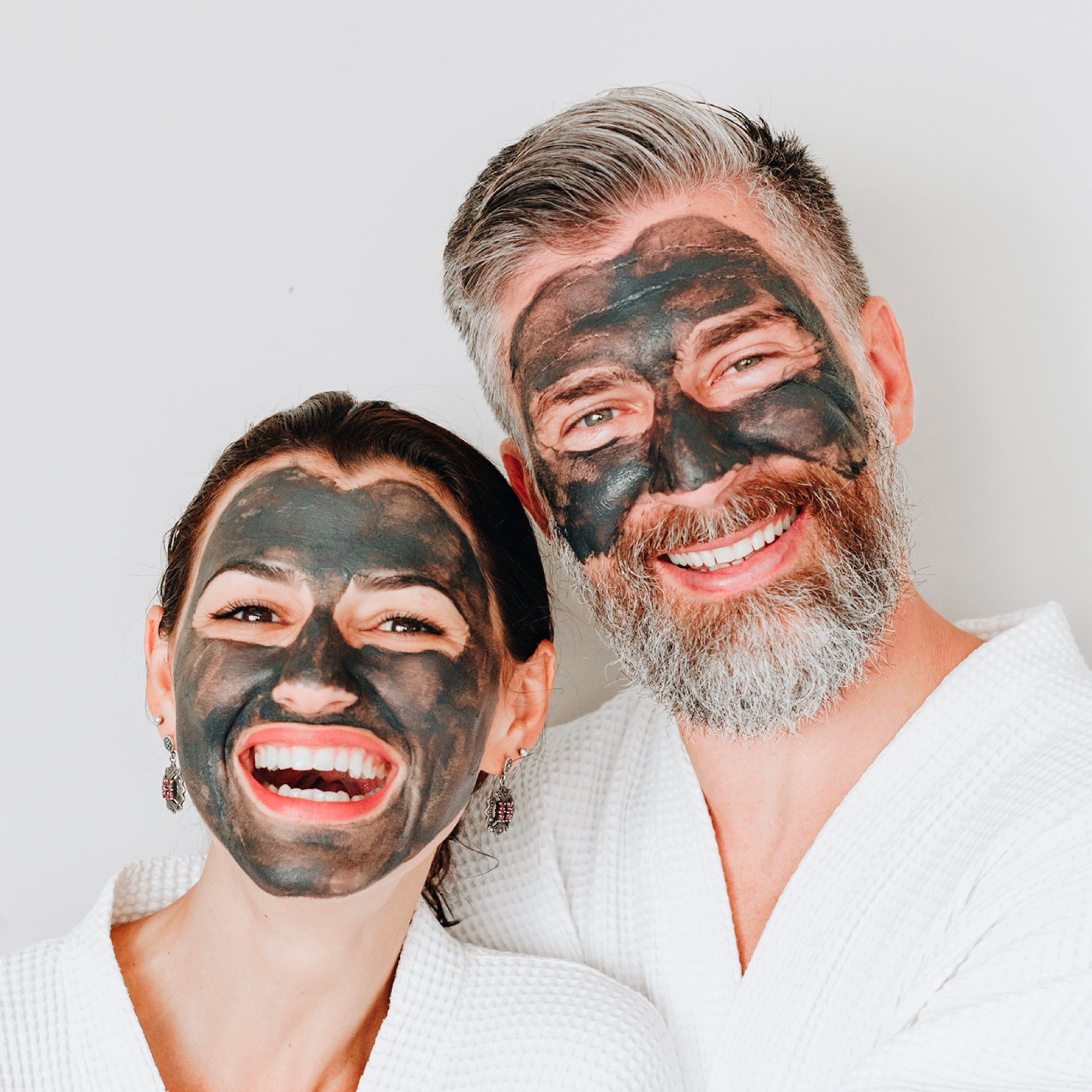Why are Peptides added to cosmetics?

Everyone has heard of cosmetics with peptides, but few know what their benefits really are. What are peptides in cosmetics, where do they come from, what are they needed for and how are they useful for the skin, we understand in this material.
Peptides - what are they?
In simple words, peptides are a kind of building material, a chain of amino acids that make up proteins. For example, collagen and elastin are also peptides.
Peptides in cosmetics for skin care can perform various functions: renewing, regenerating, antiaging, can stimulate the production of collagen and elastin fibers.
What do peptides do and how are they good for the skin?
The skin barrier is a kind of protection that protects the body from bacteria, ultraviolet rays, and pollution. This protection is easily weakened under the influence of various external factors. Peptides have a strengthening effect on the skin's protective barrier.
The collagen mentioned above is responsible for the strength, preservation of the youthful appearance and smoothness of the skin. Therefore, if the production of natural collagen does not cause complaints, wrinkles are visually less noticeable.
In addition to collagen, elastic fibers play an important role in the skin, making the skin more elastic and taut.
Peptides contribute to the restoration and renewal of the skin.
Some peptides have antimicrobial activity and can help fight blemishes.
How do peptides work in cosmetics?
As part of cosmetic products, peptides can perform the following functions:
stimulate skin recovery and renewal,
accelerate the synthesis of collagen and elastin in the skin,
to increase the elasticity and firmness of the skin, to provide a lifting effect.
Cosmetics may contain peptides that smooth out wrinkles and help strengthen the skin. Peptide molecules are included in various products: creams, serums, face masks.
Face cream with peptides
Peptides in the cream are found in day and night categories (anti-wrinkle, lifting care), which works during the day: reduces wrinkles on the face, restores elasticity.
Eye cream fights signs of fatigue, reduces puffiness, visibly reduces dark circles under the eyes; the effect of peptides in this case is complemented by the work of caffeine, panthenol and glycerin.
A face mask with peptides, as a rule, is distinguished by a more concentrated (compared to a cream) formula and the ability to provide optimal results in terms of speed.
Serums with peptides help make the skin more elastic and smooth (depends on the effectiveness of the specific product), minimize the appearance of wrinkles. The product is applied to cleansed skin; after distributing the serum, it is recommended to fix it with a cream.
Who is suitable for cosmetics with peptides?
Serum and face cream with peptides can be used at any time of the day. According to experts, the best age to consider using cosmetic products with peptides is 30 years old: it is during this period that the production of own collagen begins to significantly decrease.
Those whose skin is prone to inflammation should look for products with peptides without the content of oils, with a lighter texture. Owners of dry skin should pay attention to richer cream formulas that provide a sufficient level of hydration.
How to properly use cosmetics with peptides?
A comprehensive approach is the basis of success. The use of cosmetics with peptides does not relieve the need for daily complex care, including the application of sunscreen and nourishing creams.
As for the technique of applying cosmetic products with peptides, there are no nuances. It all depends not on the components, but on the texture and category of the product you use – cream, serum or mask.
Frequently asked questions
What is better for the face - collagen or peptides?
It is difficult for an amateur to understand what is better - collagen or peptides for the face. In fact, everything is very simple: due to the low bioavailability of collagen and the relatively high bioavailability of collagen peptides, the latter are considered more effective.
What do and do not combine peptides in cosmetics?
Peptides work well with most common skin care ingredients. Use cosmetics with peptides with vitamin C or niacinamide to achieve the effect of radiant skin, or combine with hyaluronic acid for optimal hydration.
Avoid using a peptide product at the same time as peeling products containing acids (e.g. AHA, BHA), which can reduce its effectiveness.
Peptides in cosmetics are a relatively new phenomenon that has already become popular with many. This versatile component has a visible effect: it increases skin elasticity, smoothes wrinkles and fights various signs of aging. And it also perfectly "connects" with most other participants in beauty processes.
0 comments






